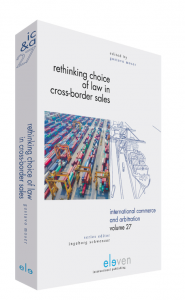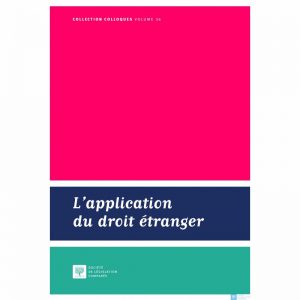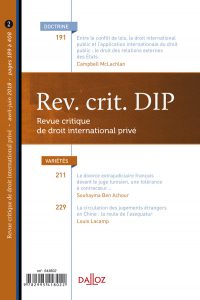Verona, 23/24 May 2019: Trending International Law Topics – #TILT
 The Law Department of the University of Verona (Italy), in cooperation with the Ph.D. School of Law and Economics and the European Documentation Centre, welcomes submission to the #TILT Young Academics Colloquium, to be held on 23-24 May 2019. It is the first meeting involving early career scholars on trending international and EU law topics to be organised in the unique location of the city of Verona.
The Law Department of the University of Verona (Italy), in cooperation with the Ph.D. School of Law and Economics and the European Documentation Centre, welcomes submission to the #TILT Young Academics Colloquium, to be held on 23-24 May 2019. It is the first meeting involving early career scholars on trending international and EU law topics to be organised in the unique location of the city of Verona.
The Colloquium falls within the activities of the research project “Trending International Law Topics – #TILT”, supervised by Maria Caterina Baruffi (Full Professor of International Law, University of Verona), which is aimed at deepening the investigation and fostering scientific discussion on trending topics in international and EU law, including also their impact on domestic legal systems. A series of seminars featuring prominent foreign academics and other events have already been organised so far, focusing for example on the relationships between the EU and national legal orders, migration, the EU Regulations in family law matters, the free movement of persons and the protection of fundamental rights.
In this context, the Colloquium represents a further activity dedicated to open issues in international and EU law, but specifically addressed to Ph.D. students and young researchers of any nationality and affiliation, who will be the leading speakers at this event. First, they are expected to present the results of their research, and then, to engage in the debate with the invited international experts acting as chairpersons and discussants.
The Call for Papers “What’s #Trending in International and EU Law” has been issued to select the papers that will be included in the Colloquium’s program. It is directed at advanced Ph.D. students (or within three years of its completion), post-doc research fellows and academics at early stages of their career, who are encouraged to submit proposals (in English) concerning public international law, private and procedural international law, or EU law, including also comparative perspectives, as well as issues related to law and economics.
Interested applicants are invited to submit:
- a proposed title,
- an abstract in English of max. 8000 characters (including spaces),
- 3 keywords,
- a CV
through the Call for Papers Application Form.
The deadline for submission is 15 October 2018 and applicants will be informed of the outcomes by 15 December 2018.
Detailed information about the Call for Papers are available here.
Any inquiry about the #TILT Young Academics Colloquium or the Call for Papers can be directed at this e-mail: trendingtopics.univr@gmail.com.



 Gustavo Moser has authored a new book on
Gustavo Moser has authored a new book on 
